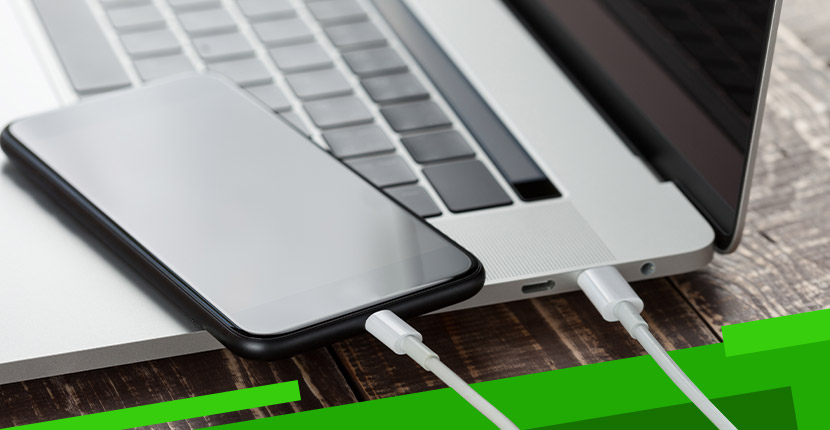What are the Differences Between NiMH and Li-ion Rechargeable Batteries?
Power - by Bryan Veldboom - updated on 7/13/2021

Rechargeable batteries can be found in everything from cell phones to hybrid cars. But while rechargeable energy is widespread, there are actually several different types of batteries commonly used today. Today we’ll be taking a look at two of the most prominent rechargeable chemistries, nickel-metal hydride and lithium ion batteries, discussing the differences between them and answering a few commonly asked questions.
What is a Nickel-Metal Hydride Battery?
Nickel-metal hydride (referred to going forward as NiMH) batteries have largely replaced older nickel-cadmium batteries, which have been phased out due to environmental concerns. The cell of a NiMH battery consists of a positive cathode made of nickel hydroxide, a negative anode made of several metal alloys which store hydrogen atoms and an electrolyte solution made of potassium hydroxide.
Each cell in a NiMH battery delivers 1.2V of power. NiMH batteries are available in both sealed and vented (open) versions and are typically used in cell phones, camcorders, backup lighting, power tools, laptops and hybrid cars.
What is a Lithium Ion Battery?
In a lithium ion (Li-ion) battery, the cathode is made of a lithium-metal oxide, a compound of lithium and another metal, while the anode is typically made of graphite coated with copper foil. The electrolyte is made of lithium salt in an organic solvent.
The cells in a Li-ion battery have a much greater energy density than NiMH batteries and are capable of generating an impressive 3.6V of power. All Li-ion batteries contain an integrated circuit used to control the input and output voltage of the battery. You can find Li-ion batteries in a variety of different uses, such as vehicles, power tools and portable electronics such as laptops and cell phones.
Which is Better, NiMH or Lithium Ion?
While one isn’t technically “better” than the other, there are a number of significant differences between these two chemistries. On the performance scale, Li-ion batteries outperform NiMH in most categories. They have a longer overall life cycle of five years, compared to the NiMH life cycle of two to five years. Li-ion batteries also charge much faster, perform better in extreme temperatures and hold their charge for much longer than NiMH batteries.
NiMH options, on the other hand, are much lower in cost than Li-ion batteries. They need very little maintenance, are more environmentally friendly and are free from the transportation regulations that Li-ion batteries must follow when being shipped.
Can I replace NiMH with Lithium Ion?
Ultimately, that will depend on the device, but for the most part, no. Due to differences in size, shape and voltage, NiMH and Li-ion batteries are usually not interchangeable. If your device does accept both types of batteries, it will most likely mention this in the user’s manual.
Should You Fully Discharge NiMH Batteries?
Technically, NiMH batteries don’t have a “memory effect,” however, they can experience voltage depletion over time. In order to stop this, it’s a good idea to occasionally discharge and recharge a NiMH battery completely, maybe about once every three months. Li-ion batteries have no such requirements.
Do NiMH or Lithium Ion Batteries Need a Special Charger?
Both NiMH and Li-ion batteries have different charging needs. Li-ion batteries use chargers equipped with a safety feature that monitors the charging process and cuts the power if a problem arises. NiMH batteries are much harder to charge than Li-ion batteries because they don’t have a “float charge” voltage like lithium-ion chemistry and must be charged using a constant current. They are also incredibly vulnerable to damage if overcharged. Because of this, there’s no one charging solution for a NiMH battery, but a number of charging techniques that are used to charge a NiMH battery safely. Unlike Li-ion options, NiMH batteries require supervision during the charging process.
When selecting any charger, you should always check to make sure that it’s approved for use with your battery’s chemistry and voltage. Otherwise, you run the risk of damaging your battery and shortening its lifespan.
Shop Batteries Plus for Your NiMH & Li-ion Battery Needs
Shop Batteries Plus’ online selection of batteries and chargers for any application. We also test batteries in a variety of applications and offer battery installation service for phones, tablets, laptops and other devices in our stores.

